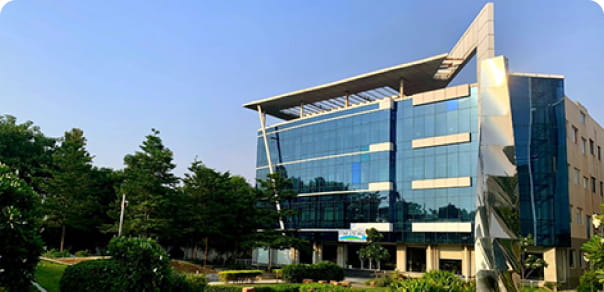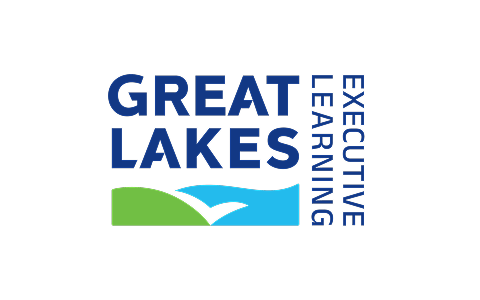Operation Management
Learn operation management from basics in this free online training. Operation management course is taught hands-on by experts. Learn all about lean system, manufacturing & tools & lot more in depth. Best for beginners. Start now!

Ratings
Level
Learning hours

Learners
Skills you will learn
About this course
This free course is focused on helping you acquire a basic understanding of Operation Management and Lean Management. The course covers the essential areas of operations and lean aspects, including lean manufacturing, lean systems, value, and lean toolbox concepts. Upon the completion of the course, you are expected to have a solid understanding of operations management.
Launch a rewarding managerial career and play a significant role in the quest for excellence. Enroll in our MBA Courses with full career support and an exclusive online mentorship.
Course Outline
 UPGRADE
UPGRADE
Recommended university programs
What our learners enjoyed the most
Skill & tools
64% of learners found all the desired skills & tools
Frequently Asked Questions
Will I receive a certificate upon completing this free course?
Is this course free?
Will I get a certificate after completing this Operation Management free course?
Yes, you will get a certificate of completion for Operation Management after completing all the modules and cracking the assessment. The assessment tests your knowledge of the subject and badges your skills.
How much does this Operation Management course cost?
It is an entirely free course from Great Learning Academy. Anyone interested in learning the basics of Operation Management can get started with this course.
Is there any limit on how many times I can take this free course?
Once you enroll in the Operation Management course, you have lifetime access to it. So, you can log in anytime and learn it for free online.
Operations Management refers to the administration of business practices aimed at ensuring maximum efficiency within an organization, particularly in the areas of production and service delivery. It involves the commitment to make sure that business operations are successful in terms of satisfying customer needs while utilizing the fewest resources possible. The core aspects covered in Operations Management include:
- Design and management of products, services, and processes: This involves creating processes that are efficient, effective, and meet customer requirements.
- Supply Chain Management: This involves managing the flow of goods and services, from procurement of raw materials to delivery of finished products to customers.
- Quality Management: This involves establishing and maintaining high standards of quality in all aspects of operations, from product design to delivery.
- Inventory Management: This involves managing the flow of inventory, including the balancing of supply and demand, setting safety stock levels, and maintaining accurate inventory records.
- Capacity Planning: This involves determining the production capacity required to meet changing customer demand and making decisions about adding or removing capacity to meet changing needs.
- Scheduling: This involves managing the timing and sequence of operations to ensure the efficient use of resources and to meet customer requirements.
- Project Management: This involves managing projects from conception to completion, including defining project scope, setting project goals and objectives, and managing resources and budgets.
- Lean Management: This involves a continuous improvement approach to operations focused on reducing waste, increasing efficiency, and delivering value to customers.
- Lean System: A Lean system is an organizational approach that focuses on continuous improvement, reducing waste and delivering value to customers. The key elements of a Lean system include value stream mapping, continuous flow, pull systems, and visual management.
- Lean Manufacturing: Lean Manufacturing is the application of Lean principles to the production process. It focuses on reducing waste and maximizing efficiency in the manufacturing process, including reducing lead time, inventory, and defects.
- Lean Enterprise: A Lean enterprise is an organization that has adopted Lean principles throughout the entire organization, including production, administrative, and support processes. The objective is to foster a culture of constant development and customer value delivery.
- Lean Value: Lean Value refers to the value that is delivered to the customer through the elimination of waste and inefficiencies in operations. This includes reducing lead time, inventory, and defects, while also improving quality and customer satisfaction.
- Lean Enablers: Lean enablers are the tools and techniques used to support and sustain a Lean transformation. These include value stream mapping, continuous flow, pull systems, visual management, and standardized work, among others.
- Lean Toolbox: The Lean toolbox is a collection of tools and techniques used in Lean transformations. These include value stream mapping, continuous flow, pull systems, visual management, standardized work, 5S (Sort, Simplify, Sweep, Standardize, and Sustain), Kaizen (Continuous improvement), and Root Cause Analysis, among others.






























.jpg)
.jpg)
.png)









.jpg)
.jpg)




